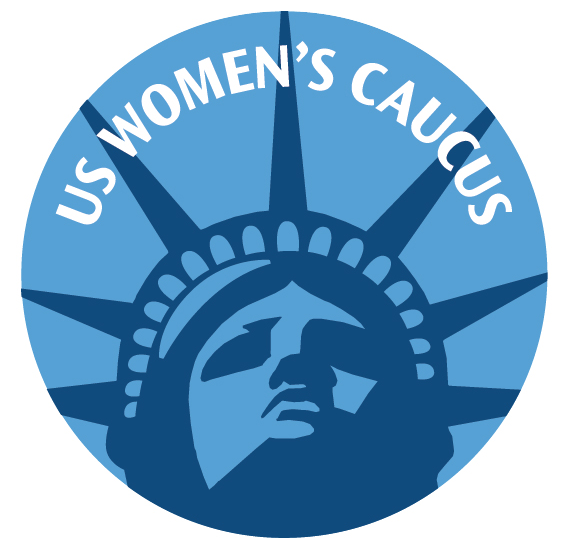What is the UN Commission on the Status of Women?
Established in 1946, the UN Commission on the Status of Women (CSW) is the main global intergovernmental body dedicated to the promotion of gender equality and women’s empowerment. It is rooted in the UN Charter that affirms gender equality with its “faith in fundamental human rights, in the dignity of the human person, in equal rights of men and women and of nations large and small” (Preamble). The Commission consists of 45 UN member states elected every four years by the Economic and Social Council (ECOSOC) on the basis of equitable geographical distribution.
What does the Commission do?
The CSW convenes for two weeks every March in New York to develop the global agenda concerning progress for women and girls. It is the largest annual gathering of governments, civil society, private sector, and UN agencies to work on women’s human rights. Each year there is a focused theme that governs Commission deliberations. In 2021, the theme for the 65th session of the Commission was “Women’s full and effective participation and decision-making in public life, as well as the elimination of violence, for achieving gender equality and the empowerment of all women and girls.” Some 4,000 NGO representatives go to New York from around the world to participate in the CSW annually. When CSW 65 was held virtually due to the pandemic, over 27,000 women participated and observed official Commission sessions and over 700 workshops and side events.
The main outcome of the Commission’s annual session is a document called the Agreed Conclusions. It analyzes the priority theme and proposes recommendations for governments, intergovernmental institutions, civil society, and other relevant stakeholders to implement at the international, national, regional, and local level. Negotiations on the Agreed Conclusions begin before the Commission is officially in session. The first draft, termed the Zero Draft, is distributed to all UN member states for review. They then submit proposed additions and deletions to the text, resulting in a lengthy collaborative draft. When the Commission convenes officially, the negotiations move to a series of readings and discussion of each section of the text among the UN member states. The aim of the negotiations is to reach consensus on every sentence in the text. When there is final agreement, the Agreed Conclusions with its recommendations are forwarded to ECOSOC, the Commission’s parent body, for follow-up and approval. UN Women provides support for all aspects of the Commission’s work.
What is the role of civil society at the CSW?
Civil society organizations (CSOs) have a critical role at every stage of CSW negotiations. They work with their national governments to influence positions and propose specific language for the text of the Agreed Conclusions. These interactions play a vigilant role in holding governments accountable for their international obligations. Civil society organizations form alliances with like-minded organizations and partners to create coalitions centered on specific issues. Such coalitions play an important role in advancing and protecting women’s rights and strengthening civil society.
What will the next session of the CSW consider?
The theme for the 68th session of the UN Commission on the Status of Women (in 2024 will be
“Accelerating the achievement of gender equality and the empowerment of all women and girls by addressing poverty and strengthening institutions and financing with a gender perspective.”
Resources
Commission on the Status of Women
NGO Advocacy Guide at the CSW (pdf)
Legal Agreements that Govern International Law pertaining to Women
1951 Convention concerning Equal Remuneration for Men and Women Workers for Work of Equal Value
1953 Convention on the Political Rights of Women
1957 Convention on the Nationality of Married Women
1962 Convention on Consent to Marriage, Minimum Age for Marriage and Registration of Marriages.
1979 Convention on the Elimination of All Forms of Discrimination against Women
1999 Optional Protocol to the Convention
Submitted by Shaila Rao Mistry
shaila@stem-institiute.org
